Project Proposal
Promoting Sustainable Farming for a Hunger-Free Future
The project will provide training, resources, and support to farmers, while also raising awareness about the importance of sustainable agriculture among consumers and policymakers.
For getting a complete proposal you can contact us at
Contact: gdn100@gmail.com / What’s App Us:+923082792040 and pay the price of your desired project.
Product Description
1. Executive Summary:
The project aims to promote sustainable farming practices to ensure a hunger-free future. It focuses on empowering small-scale farmers, particularly in developing countries, to adopt sustainable farming methods that enhance productivity, protect the environment, and improve food security. The project will provide training, resources, and support to farmers, while also raising awareness about the importance of sustainable agriculture among consumers and policymakers.
2. Objectives:
– Increase small-scale farmers’ knowledge and skills in sustainable farming practices.
– Improve farmers’ access to resources and technologies that support sustainable agriculture.
– Increase the adoption of sustainable farming practices among small-scale farmers.
– Raise awareness and advocate for supportive policies that promote sustainable farming.

3. Project Activities:
a) Training and Capacity Building:
– Develop and conduct training programs on sustainable farming techniques, such as organic farming, agroecology, and permaculture.
– Provide farmers with technical support, including farm management skills, crop diversification, and soil conservation techniques.
– Establish demonstration farms to showcase successful sustainable farming models.
b) Access to Resources and Technologies:
– Provide farmers with access to high-quality seeds, organic fertilizers, and pest control methods.
– Facilitate connections between farmers and agricultural research institutions to access the latest technological advancements in sustainable farming.
– Promote the use of renewable energy sources and efficient irrigation techniques.
c) Awareness and Advocacy:
– Conduct awareness campaigns to educate consumers about the benefits of supporting sustainable farming practices.
– Collaborate with local media and influencers to spread the message about sustainable agriculture.
– Advocate for policies and regulations that encourage sustainable farming practices and secure support for small-scale farmers.
4. Target Beneficiaries:
– Small-scale farmers, particularly in developing countries.
– Rural communities and households dependent on agriculture for their livelihoods.
– Consumers and local communities concerned about food security and environmental sustainability.
5. Expected Outcomes:
– Increased adoption of sustainable farming practices among small-scale farmers.
– Improved crop yields and productivity.
– Enhanced soil fertility and biodiversity conservation.
– Reduced reliance on synthetic fertilizers and pesticides.
– Increased food security and improved nutrition for rural communities.
– Greater public awareness and consumer support for sustainable farming.
– Development of supportive policies and regulations for sustainable agriculture.
6. Project Timeline:
– Year 1: Establish project team, conduct baseline study, and develop training modules.
– Year 2: Launch training programs and establish demonstration farms.
– Year 3: Expand training programs and increase outreach activities.
– Year 4: Evaluate project impact, finalize advocacy efforts, and develop sustainability plans.
7. Budget:
The estimated budget for the project is $500,000, which will cover training costs, resources, demonstration farms’ establishment, awareness campaigns, staff salaries, and evaluation expenses.
8. Conclusion:
Promoting sustainable farming is crucial for achieving food security, reducing poverty, and protecting the environment. This project seeks to empower small-scale farmers by equipping them with the necessary knowledge and resources to adopt sustainable farming practices. By working together with farmers, consumers, and policymakers, we can build a hunger-free future based on sustainable agriculture.
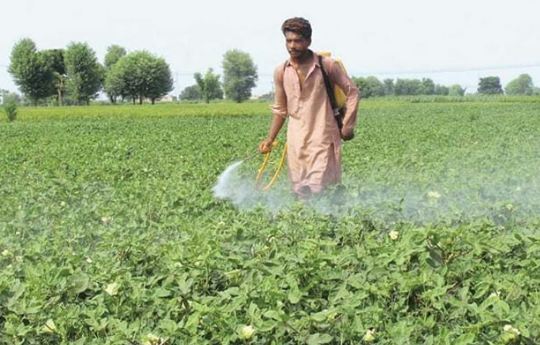
Budget breakdown for the “Promoting Sustainable Farming for a Hunger-Free Future” project:
1. Training and Capacity Building:
– Development of training modules: $20,000
– Training programs and resources: $100,000
– Technical support and consultations: $50,000
2. Access to Resources and Technologies:
– High-quality seeds: $30,000
– Organic fertilizers and pest control methods: $40,000
– Renewable energy sources and efficient irrigation: $50,000
3. Demonstration Farms:
– Land acquisition and setup: $50,000
– Infrastructure development: $30,000
– Equipment and tools: $20,000
4. Awareness and Advocacy:
– Awareness campaigns and media collaborations: $50,000
– Advocacy efforts and policy engagement: $30,000
5. Project Management:
– Staff salaries and benefits: $100,000
– Administrative expenses: $20,000
6. Evaluation and Sustainability:
– Project impact evaluation: $30,000
– Development of sustainability plans: $20,000
Total Budget: $500,000



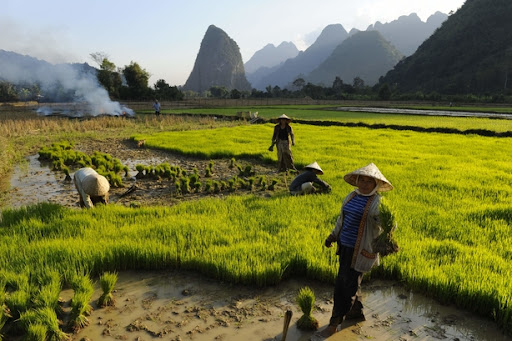
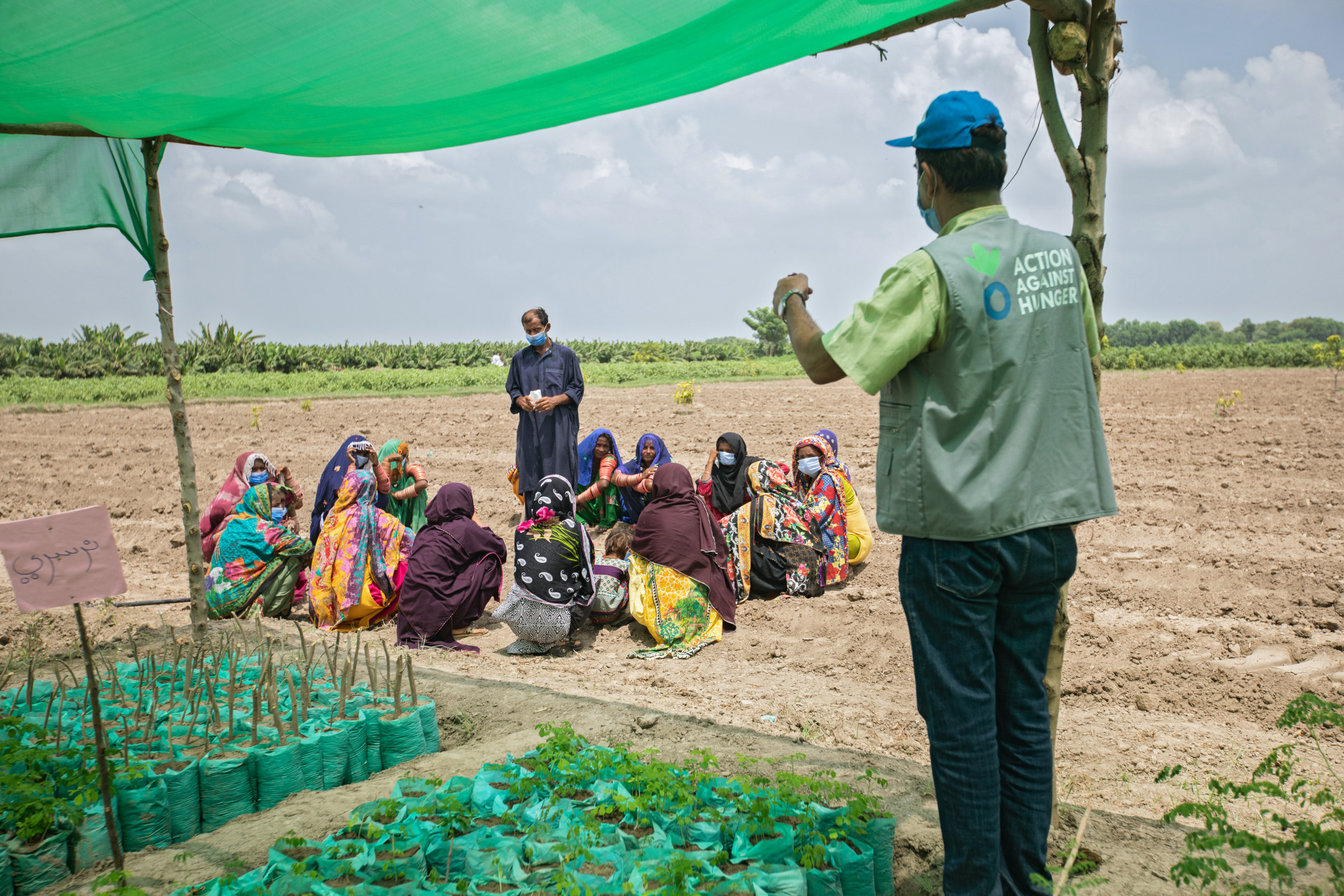
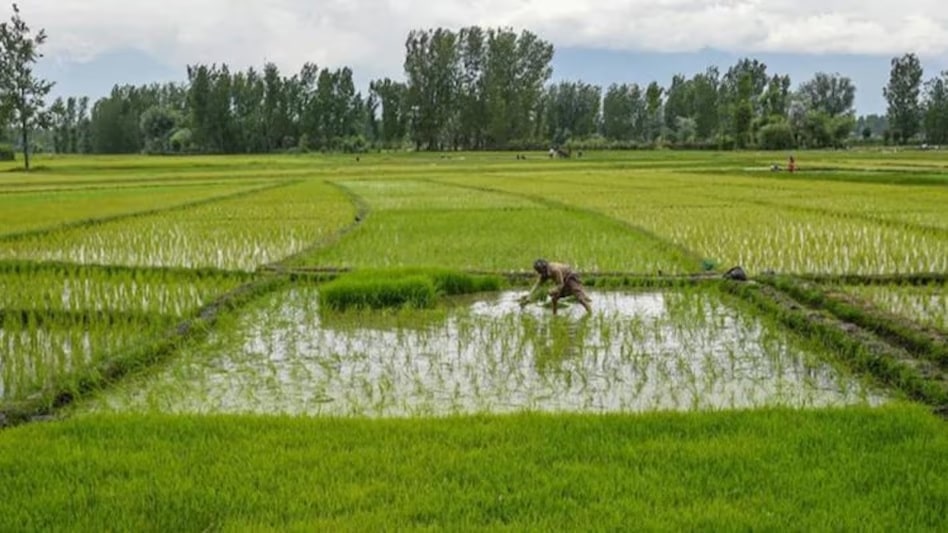
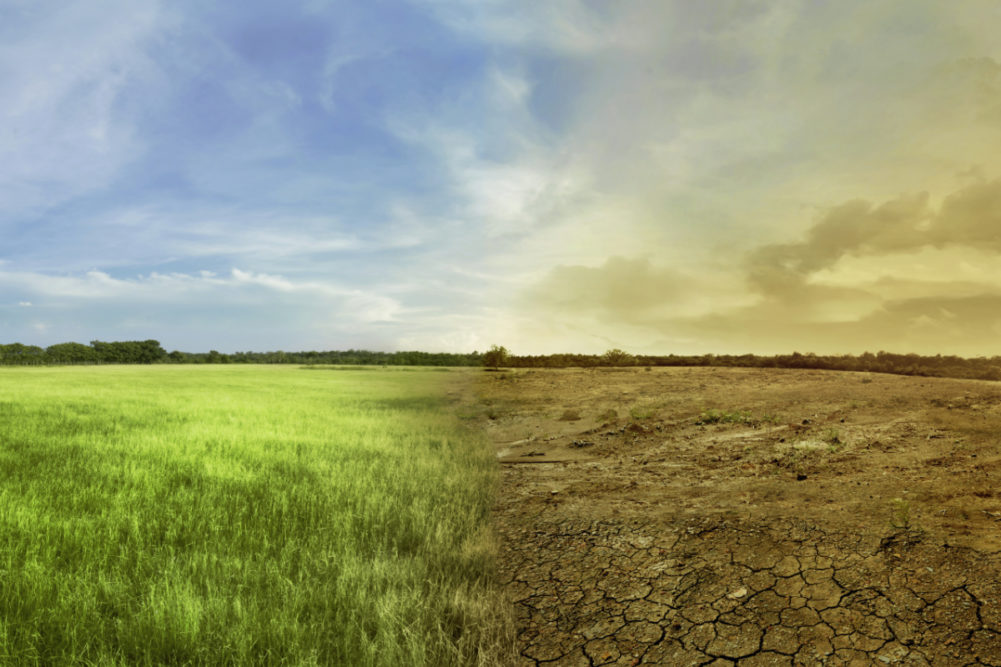




Reviews
There are no reviews yet.